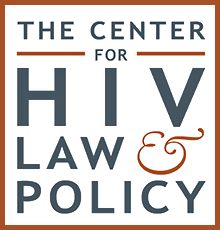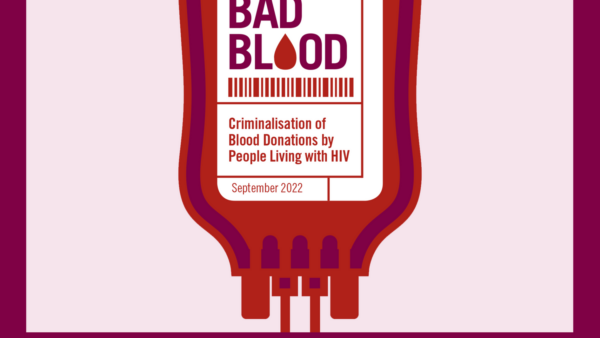Overview
Kansas criminalises perceived HIV ‘exposure’ by a number of means through a general disease ‘exposure’ law. We are aware of only two cases of the law being enforced against people living with HIV.
The law is limited to ‘life-threatening communicable diseases’, and although these are not defined, case law shows that this includes HIV. The provision makes it an offence for anyone living with such a disease to engage in penile penetrative sexual intercourse, share needles or syringes with another, or sell or donate blood or other fluids and organs (see our report, Bad Blood, for a global analysis of the criminalisation of blood donations). In all cases there must be an ‘intent to expose’ the other person, however transmission does not need to occur. This offence is a level 7 felony, punishable with a maximum of 34 months’ imprisonment.
Despite the law requiring an ‘intent to expose’, a long-running legal case resulted in the courts interpreting this requirement more broadly. In the case, a man living with HIV was originally convicted in 2007 for alleged sexual HIV ‘exposure’ to two women. The man did not disclose his status or wear a condom, but had an undetectable viral load, meaning that transmission was not possible. This conviction was overturned by the Kansas Supreme Court in 2009 due to a failure by the state to demonstrate evidence that the specific intent to expose was present. However, subsequent litigation resulted in the state Court of Appeals finding that the defendant’s alleged lack of disclosure and condom use equated to this intent. This suggests that an intent to ‘expose’ may be found despite the facts showing otherwise.
In the only other case we are aware of, a man living with HIV was arrested in 2019 for alleged ‘exposure’ after having sex with two people without disclosing his status. It is not clear whether he was convicted.
For a detailed analysis of HIV criminalisation in Kansas, as well as all other US states, see the Center for HIV Law and Policy report, HIV Criminalisation in the United States: a Sourcebook on State and Federal HIV Criminal Law and Practice.
Laws
Kansas Statutes § 21-5424
Exposing another to a life threatening communicable disease
(a) It is unlawful for an individual, who knows oneself to be infected with a life threatening communicable disease, to:
(1) Engage in sexual intercourse or sodomy with another individual with the intent to expose that individual to that life threatening communicable disease;
(2) sell or donate one’s own blood, blood products, semen, tissue, organs or other body fluids with the intent to expose the recipient to a life threatening communicable disease; or
(3) share with another individual a hypodermic needle, syringe, or both, for the introduction of drugs or any other substance into, or for the withdrawal of blood or body fluids from, the other individual’s body with the intent to expose another person to a life threatening communicable disease.
(b) Violation of this section is a severity level 7, person felony.
(c) As used in this section:
(1) “Sexual intercourse” shall not include penetration by any object other than the male sex organ; and
(2) “sodomy” shall not include the penetration of the anal opening by any object other than the male sex organ.
Further resources
Not all laws used to prosecute people living with HIV in this state are included on this page. For a comprehensive overview and analysis of HIV-related criminal and similar laws and policies, visit The Center for HIV Law and Policy


